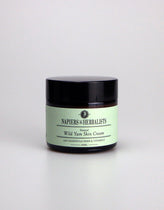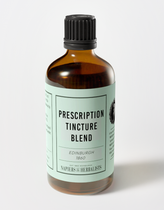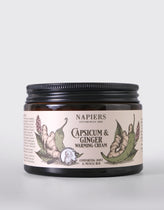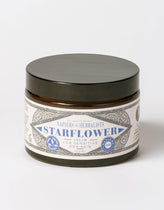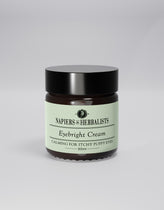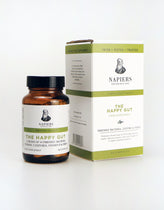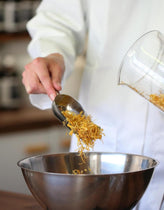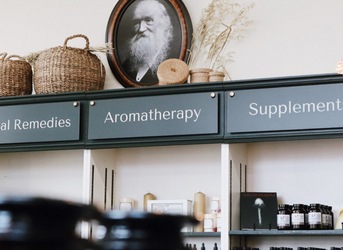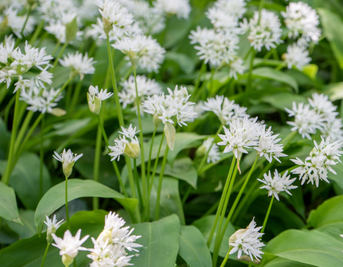Growing on hardwood trees in temperate forests across the northern hemisphere, Lion’s Mane is a delicious culinary mushroom with a growing reputation as a medicinal mushroom.
Main active components– Lion’s Mane’s unique properties are due to two families of compounds that it produces: the erinacines and hericenones, which, as well as having strong anti-bacterial activity, help stimulate the generation of Nerve Growth Factor (NGF).
Traditional use– Traditional use of Lion’s Mane emphasises its anti-microbial and immunonological activity, with indications including gastric and duodenal ulcers, chronic gastritis, gastric and oesophageal cancer.
Nutrient Profile
Lion’s Mane’s unique properties are due to two families of compounds that it produces: the erinacines and hericenones, which, as well as having strong anti-bacterial activity, help stimulate the generation of Nerve Growth Factor (NGF).
Directions
Although clinical trials have used dried fruiting body at a dose of 2-5g/day, it is probable that mycelial biomass may offer similar benefits at lower supplementation levels.
References
1. The anti-Dementia effect of Lion's Mane mushroom and its clinical application. Kawagishi H, Zhuang C, Shnidman E. Townsend Letter for Doctors and Patients. 2004 Apr.
2. Improving effects of the mushroom Yamabushitake (Hericium erinaceus) on mild cognitive impairment: a double-blind placebo-controlled clinical trial. Mori K, Inatomi S, Ouchi K, Azumi Y, Tuchida T. Phytother Res. 2009;23(3):367-72.
3. Nerve growth factor and diabetic neuropathy. Pittenger G, Vinik A. Exp Diabesity Res. 2003;4(4):271-85. Review.
4. Long-term treatment with recombinant nerve growth factor for HIV-associated sensory neuropathy. G. Schifitto et al. Neurology. 2001;57:1313-1316.
5. Neuroregenerative Potential of Lion’s Mane Mushroom, Hericium erinaceus (Bull.: Fr.) Pers. (Higher Basidiomycetes), in the Treatment of Peripheral Nerve Injury (Review). Wong K H, Naidu M, David R P, Bakar R, Sabaratnam V. Int J Med Mushrooms, 2012; 14(5):427-446.
6. Erinacine E as a kappa opioid receptor agonist and its new analogs from a basidiomycete, Hericium ramosum. Saito T et al. J Antibiot (Tokyo). 1998 Nov; 51(11):983-90.
7. Anti-MRSA compounds of Hericium erinaceus. Kawagishi H et al. Int J Med Mushr. 2005;7(3):350.
8. In vitro anti-helicobacter pylori effects of medicinal mushroom extracts, with special emphasis on the Lion’s Mane mushroom, Hericium erinaceus (higher Basidiomycetes). Shang X, Tan Q, Liu R, Yu K, Li P, Zhao GP. Int J Med Mushrooms. 2013;15(2):165-74.
9. Wong KH, Naidu M, David RP, Bakar R, Sabaratnam V. Neuroregenerative potential of lion's mane mushroom, Hericium erinaceus (Bull.: Fr.) Pers. (higher Basidiomycetes), in the treatment of peripheral nerve injury (review). Int J Med Mushrooms. 2012;14(5):427-46. PubMed PMID: 23510212.

